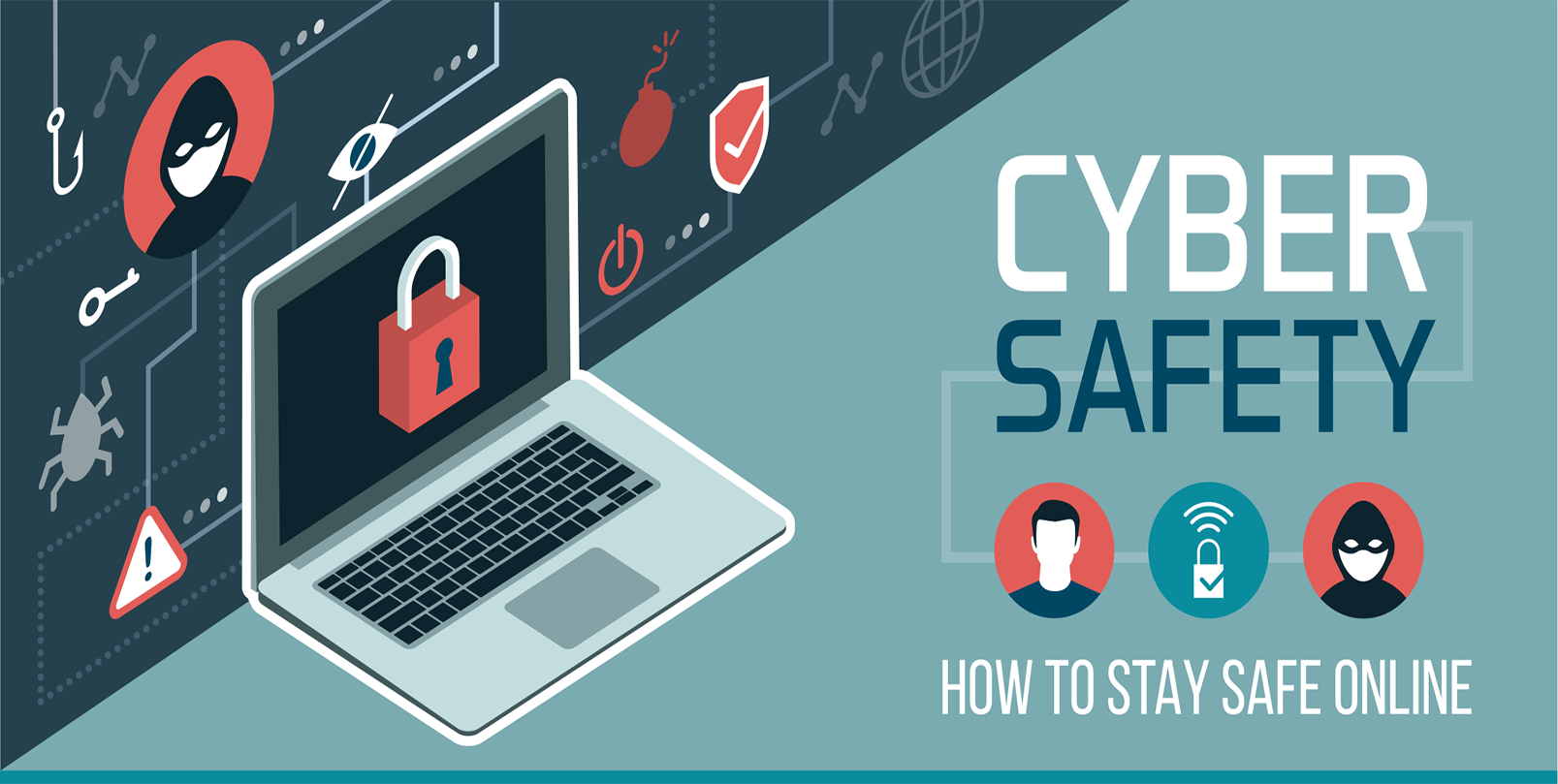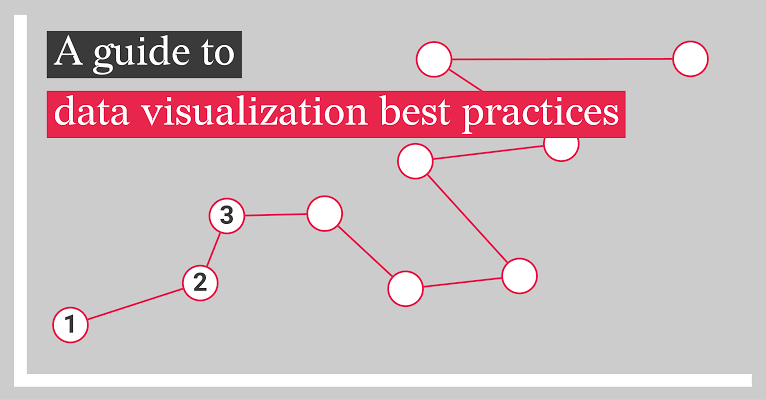Conflict is a natural and inevitable part of human interaction—whether at work, home, school, or within relationships. As of July 2025, the fast-paced nature of modern life, along with hybrid work cultures and diverse viewpoints, has made conflict resolution more vital than ever. When managed poorly, conflicts can escalate into long-standing resentment or breakdowns in communication. But when handled effectively, they can actually strengthen relationships, improve understanding, and foster personal growth.
The ability to resolve conflict peacefully and productively is a critical life skill. It demands emotional intelligence, patience, empathy, and clear communication. Below are proven strategies for building effective conflict resolution skills that create win-win outcomes instead of win-lose battles.
Cultivate Self-Awareness First
The first step in resolving conflict is understanding your own emotions and reactions. Self-awareness helps you recognize what triggers you and how you typically respond under stress. Without this awareness, you might act impulsively, defensively, or aggressively—all of which can worsen the situation.
To improve self-awareness:
- Reflect before responding.
- Ask yourself why you’re upset—what deeper issue is fueling the emotion?
- Avoid projecting your emotions onto others.
Once you’re calm and aware, you’re better positioned to handle conflict maturely and constructively.
Listen to Understand, Not Just to Reply
Most conflicts spiral out of control not because of disagreement, but because people feel unheard or misunderstood. Active listening is one of the most powerful conflict resolution tools. It shows respect and creates a safe space for honest dialogue.
Effective listening involves:
- Maintaining eye contact and open body language.
- Allowing the other person to speak without interruption.
- Paraphrasing or summarizing what they said to confirm understanding.
By listening without judgment or preparing a rebuttal in your head, you defuse tension and make the other person feel validated—even if you don’t agree with them.
Focus on the Problem, Not the Person
A common mistake during conflict is turning it into a personal attack. Instead of blaming or criticizing the individual, keep your focus on the issue itself. Shift from “You always…” or “You never…” to “When this happens, I feel…”.
Use “I” statements such as:
- “I felt excluded when I wasn’t informed about the meeting.”
- “I get stressed when deadlines are missed without notice.”
This approach helps avoid putting the other person on the defensive and keeps the conversation solution-focused rather than emotionally charged.
Stay Calm and Regulate Your Emotions
Emotions often run high during conflict, but losing your temper or shutting down can derail resolution. Mastering emotional regulation allows you to stay centered and responsive rather than reactive.
To stay calm:
- Take deep, slow breaths to control stress responses.
- Excuse yourself for a short break if you need to cool off.
- Keep your tone of voice neutral and your volume steady.
A calm demeanor invites mutual respect and promotes a more balanced conversation.
Aim for Collaboration, Not Victory
Effective conflict resolution isn’t about “winning” an argument; it’s about finding a mutually beneficial path forward. Collaboration means both parties contribute to a solution that satisfies their core needs.
To collaborate effectively:
- Ask open-ended questions like “What would help you feel heard in this situation?”
- Identify shared goals or values you can agree on.
- Brainstorm possible solutions together instead of pushing your own agenda.
A collaborative mindset turns adversaries into allies and turns conflict into opportunity.
Know When and How to Apologize
An authentic apology can be a powerful tool in resolving tension. It shows humility, accountability, and a willingness to repair the relationship.
A good apology:
- Is specific about what you’re sorry for.
- Takes ownership without making excuses.
- Is followed by a commitment to do better.
For example: “I’m sorry for raising my voice earlier. That was uncalled for, and I’ll work on being more mindful when I’m frustrated.”
Even if you’re not fully at fault, acknowledging your part in the conflict can help de-escalate and rebuild trust.
Set Clear Boundaries and Expectations
Sometimes, conflicts arise from unspoken or misaligned expectations. Clarifying roles, responsibilities, and limits can prevent future misunderstandings.
After resolving a conflict, ask:
- What changes can we both commit to moving forward?
- Are there any boundaries that need to be respected?
- How will we handle it differently if this issue comes up again?
Clear expectations ensure that lessons from the conflict are not only acknowledged but applied.
Involve a Neutral Third Party if Needed
Not all conflicts can be resolved between two people alone—especially when emotions are too raw or communication breaks down. In such cases, bringing in a mediator or trusted third party can offer perspective and balance.
Mediation helps:
- Ensure both parties feel equally heard
- Keep the discussion civil and structured
- Identify common ground more objectively
This strategy is particularly useful in professional, legal, or group settings where power dynamics or recurring tensions may exist.
Practice and Patience
Conflict resolution is not a one-time skill; it takes ongoing practice. It’s normal to make mistakes or get triggered, but the key is to learn from each encounter.
Some practical habits to develop include:
- Journaling about conflicts and your reactions afterward
- Role-playing scenarios to prepare for difficult conversations
- Reading books or attending workshops on communication and negotiation
Over time, your emotional intelligence and confidence in handling conflict will grow.
Conclusion
In a world filled with diverse perspectives, emotional triggers, and constant communication, conflict is unavoidable—but it doesn’t have to be destructive. With self-awareness, empathy, and a commitment to mutual respect, conflict can become a catalyst for growth, stronger relationships, and more effective teamwork.
Whether you’re navigating a tense workplace discussion or a family disagreement, applying these strategies can help you move from confrontation to resolution. In 2025 and beyond, the ability to handle conflict well will remain one of the most important skills for personal and professional success.



